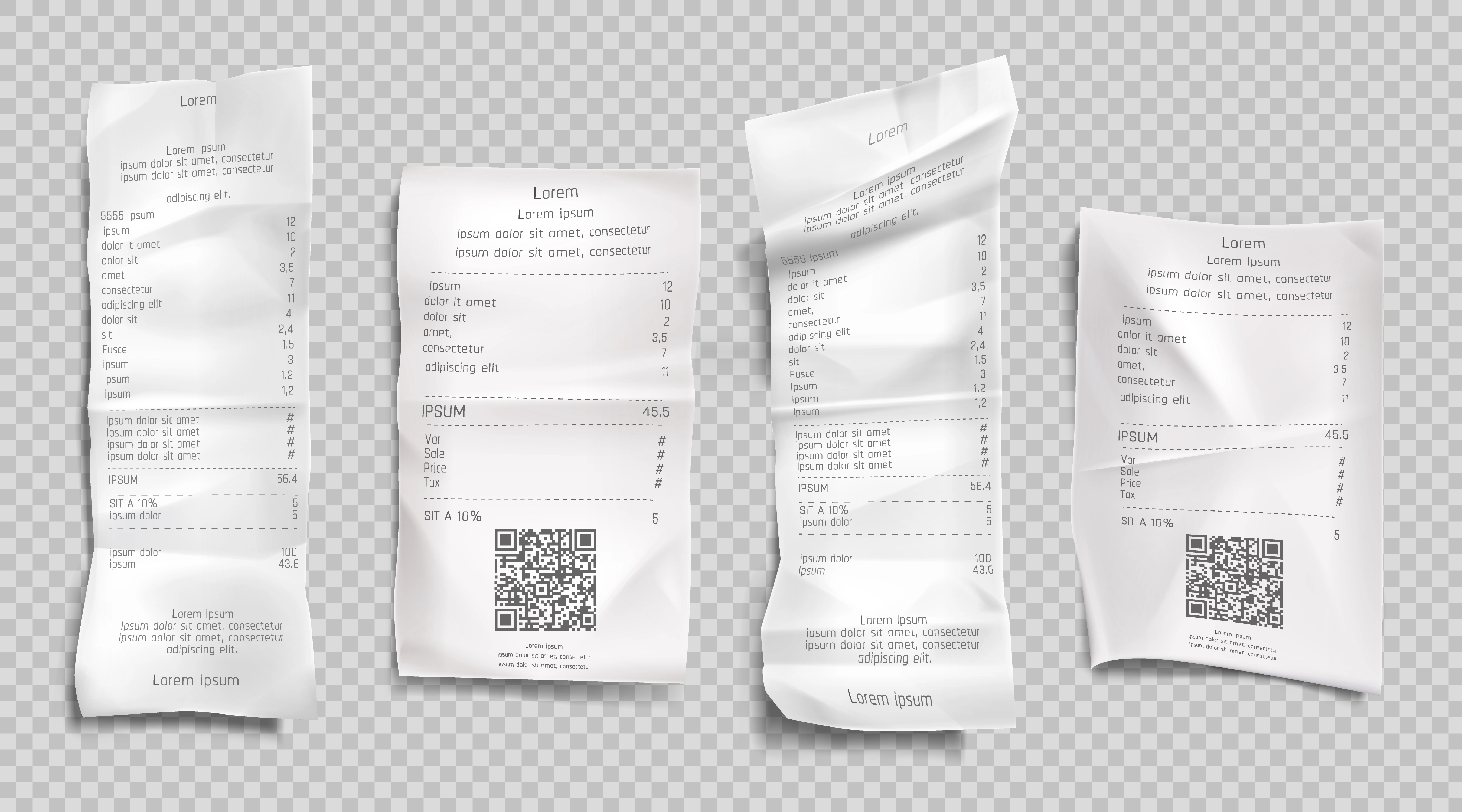
History of ETR
ETRs were first rolled out in Kenya in the year 2005 as a means of streamlining the collection of VAT and to minimise instances of tax evasion. The ETR is a cash register with fiscal memory that keeps a record of all transactions for purposes of the trader accounting for VAT charged at the time of making a sale. Other fiscalized electronic devices that have been used by traders over the years include Electronic Fiscal Printers (EFPs) and Electronic Signature Devices (ESDs).
Over the years, Kenya Revenue Authority (KRA) has embraced automation with the aim of improving service delivery. As a result, in September 2020, the Cabinet Secretary Treasury gazetted The VAT (Electronic Tax Invoice Regulations), 2020 that introduced the implementation of the Electronic Tax Invoice
What is this Electronic Tax Invoice? Is it different from the current ETR?
Essentially, and as per the VAT Electronic Tax Invoice Regulations 2020, you and other VAT registered taxpayers will be required to upgrade your ETR in order to comply with the requirements set out in the Regulations. The upgraded ETRs have the ability to check the accuracy of the invoice data generated at the time of making a sale through a validation process. As the customer is issued with their copy of the invoice, the electronic version of the tax invoice is transmitted to KRA over the internet on a real time or near real time basis.
KRA has published on the website the list of approved ETR Suppliers and Manufacturers who will facilitate you to comply.
Through this implementation of the electronic tax invoice, VAT will be accounted for at the point of issuing the invoice, since the data will be transmitted to KRA.
The management of these upgraded ETRs is being done through the Tax Invoice Management System (TIMS). The system is expected to have a positive impact on VAT administration as the overall objective is to increase VAT compliance, minimize on VAT fraud and increase tax revenue
How do you Comply?
KRA has issued guidelines on how to comply. Since its roll out on 1st August 2021, taxpayers were issued with a 12-month transition period to ensure any emerging issues are resolved. All VAT registered taxpayers are required to comply by 30th November 2022 following an extension of the deadline through this public notice.
Why Should the General Public Care? I don’t have a VAT obligation…
While you may not account for VAT, VAT is a consumption tax charged on taxable supplies. As such, we all pay VAT for the goods and services we consume on a daily basis. VAT is therefore a critical source of revenue for Government. Additionally, citizens ought to be concerned with the utilisation of the taxes they pay. One of the features in the Electronic Tax Invoice is the QR code that enables you the customer to confirm the validity of the invoices/receipts issued to you by the trader.
What this means is that you can verify that the VAT you pay has been duly remitted to KRA and by extension you have played your role in nation building.
Do I need to replace my Current ETR?
Some of the recent models of the ETRs can be upgraded as long as they meet the technical specifications and functionality required. However, for those that cannot be reconfigured , the VAT trader will be required to replace their current ETR with one that supports the generation of the electronic tax invoice.
In the event you have to replace your ETR, you are advised to safe guard the previously used ETR in line with the requirement to keep records for five (5) years; Sec 23 of the Tax Procedures Act, 2015.
What are the benefits?
- Simplified return filing through the pre-filled VAT return
- Automated activation of the ETR
- It is a solution to the VAT Auto Assessments (VAA) process
- The ability to confirm the validity of a tax invoice through the invoice number checker on the iTax portal or by scanning the QR Code
- Faster processing of VAT Refunds by KRA for businesses
- Trade facilitation by levelling the playing field in term of taxation – All business ought to pay their fair share of tax.
For more information, you can visit the KRA Website for Frequently Asked Questions. Additionally, VAT registered taxpayers can reach out to KRA via timssupport@kra.go.ke or call/email the contact centre on 0711 099 999/callcentre@kra.go.ke.
By Kwaje Rading’

